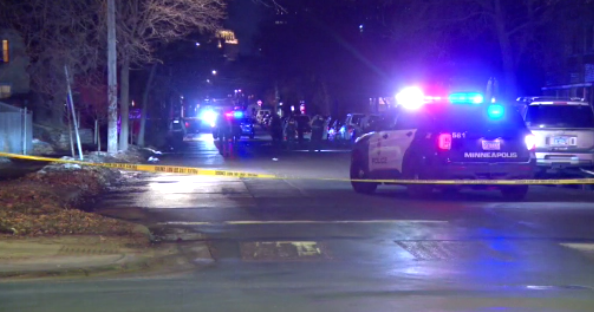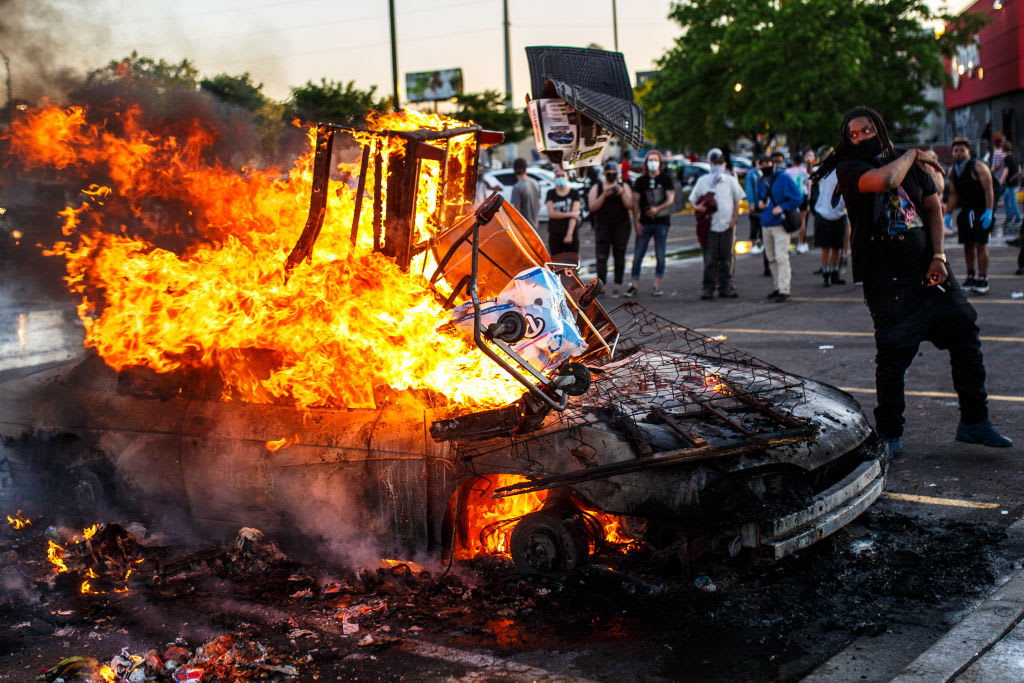How police union contracts can "serve as barriers" to accountability and discipline for officers nationwide
Local lawmakers across the U.S. are working with police unions to negotiate everything from officer salaries and wages to disciplinary procedures. These contracts have become a focal point for reform ever since nationwide protests against police brutality shined a spotlight on contracts that anti-police brutality protesters say are "getting in the way" of police accountability.
In Louisville, Kentucky, the police union-negotiated contract required the officers involved in Breonna Taylor's shooting death receive a 48-hour notice before they were interrogated. Louisville's police union has not responded to CBS News' request for comment.
In Minneapolis, where George Floyd died while being taken into custody by four police officers, Police Chief Medario Arradondo withdrew from contract negotiations with the local union after public unrest.
"What these agreements often do is they impede reasonable accountability efforts," Loyola University law Professor Stephen Rushin told CBS News' Errol Barnett. "They often can serve as barriers to reasonable investigation, oversight and disciplinary procedures."
Rushin, who also studies police accountability, used the San Antonio, Texas' police union-negotiated contract as an example.
He said San Antonio officers accused of a violation are required to receive access to video evidence, GPS coordinates, complaints, witness statements and affidavits — all before they can be questioned about alleged misconduct.
According to the San Antonio Police Officers Association, those provisions only apply to alleged civil service rule violations, and have no bearing on any criminal investigations an officer may face.
In a statement to CBS News, the union said it was not "tone deaf to the concerns of police transparency," going on to say its "collective bargaining agreement is a living document."
The statement also reads, "as we move forward in time and our industry adapts to changes, there will be a need to make modifications."
Omaha, Nebraska's police department also allows officers to review video evidence before they are questioned; however, officer misconduct records are kept confidential from the public.
Anthony Conner, president of the Omaha Police Officers Association, said officers are only given the video evidence to "help refresh" their memory in order to give "the most accurate statement of the incident."
He also supported the confidentiality of officers' misconduct records — an exception not extended to other public sector employees.
"It's a tragic situation," he said of the current climate. "But whether it's George Floyd or the incident in Atlanta, you hear the argument that the person's history doesn't matter… well, if the history doesn't matter with them, why would it matter with a police officer?"
When asked about the difference between police officers being paid to protect others and private citizens who should be given the presumption of innocence, Conner said he "can recognize that," adding he still thinks "personal records should not be open."
Conner said he does support President Trump's recent executive order calling for a database to track officers' excessive use of force.
"We should not have police officers that are fired from one agency for misconduct and then hired down the road," he said.
Conner also likened the recent criticism against police unions to "kicking us out of the room and not having us as part of the conversation," and said the public had a voice in these negotiations, too.
"The public votes for the mayor, who is actually going to sign the contract. They vote for the city council, who votes for the contract," Conner said.
Police contracts vary at the local level and are negotiated by officials in towns and cities. According to Professor Rushin, some municipalities just do not have the financial resources to meet a union's demands.
"An easy way to settle that negotiation is to make some concessions on discipline," Rushin explained.
He said it was "easy to just blame the union," but that did not reach the central problem.
"These contracts didn't write themselves," he said. "So the question then is, why are our political leaders signing off on these bad deals all across the country?"



